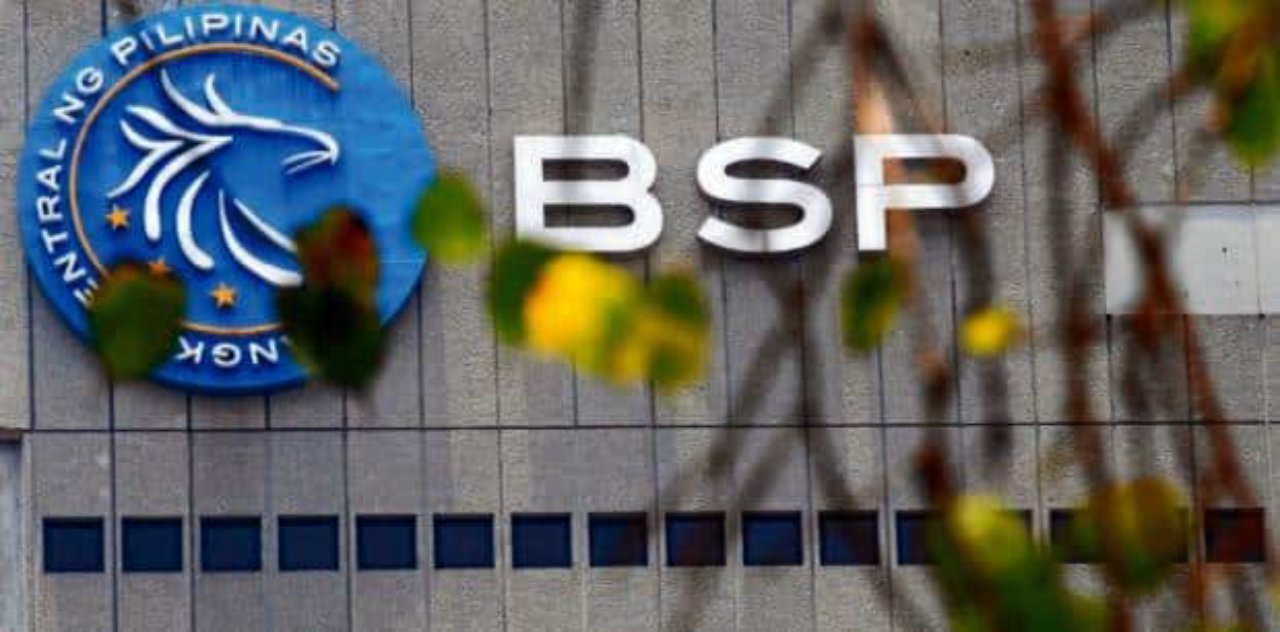The Bangko Sentral ng Pilipinas (BSP) is introducing a draft circular that aims to tighten financial reporting and audit requirements for Operators of Payment Systems (OPS).
The proposal seeks to enhance regulatory oversight, improve transparency, and strengthen trust in the country’s digital payments landscape.
New reporting timelines and auditor requirements

Under the draft circular, OPS entities will be required to submit their annual financial statements within 120 days after the end of their fiscal or calendar year. Additionally, payment operators must engage external auditors only from a BSP-accredited list, reinforcing the central bank’s push for higher audit quality and consistency across the sector.
Foreign-based OPSs operating in the Philippines will also be covered by the same reporting standards. Aside from complying with the BSP’s guidelines, they must meet equivalent audit rules set by authorities in their home jurisdictions, ensuring a uniform level of transparency.
Auditor oversight: Rotation, conflict rules, and escalation

The proposed circular outlines stricter governance rules for auditors, including mandatory rotation to avoid long-term familiarity and conflict-of-interest restrictions to maintain independence. These measures aim to preserve the integrity of financial audits for payment operators.
If auditors detect serious concerns — such as fraud, significant financial losses, or material regulatory breaches — they will be obligated to report these findings to the BSP within 15 calendar days. This early-warning mechanism is intended to help the central bank respond promptly to emerging risks.
Penalties and accountability

OPSs that fail to meet the new requirements may face penalties under existing BSP regulations. The draft also allows the central bank to remove underperforming or non-compliant auditors from its accredited list.
Government-owned payment operators covered by the Commission on Audit are generally exempt from engaging external auditors.
However, the BSP may still require external audit reviews if there are indications of internal control weaknesses or other supervisory concerns.
Way forward — Strengthening confidence in PH payments
The BSP’s draft circular signals a continued effort to build a resilient and trustworthy payments ecosystem, especially as digital payment adoption continues to accelerate nationwide.
By enforcing stricter reporting and audit standards, the central bank aims to safeguard financial integrity and support the growing reliance on electronic payment channels.
Stakeholders are encouraged to review the proposal and provide feedback before the comment period closes, giving payment operators and auditors an opportunity to help refine the final version of the circular.







